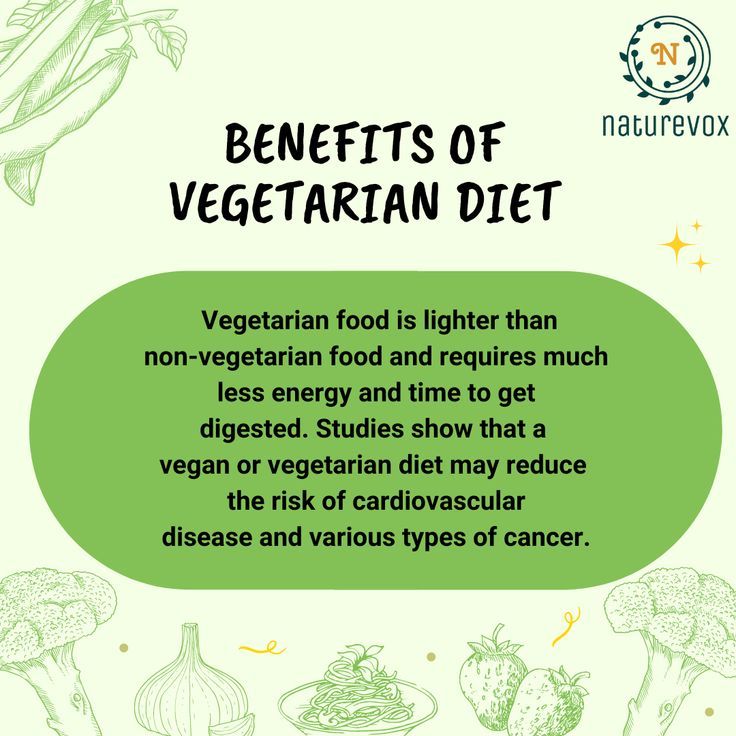The Benefits of a Vegetarian Diet
In today’s fast-paced world, more and more people are considering a vegetarian diet for various reasons. Whether it’s for ethical, environmental, or health concerns, adopting a vegetarian lifestyle can have numerous benefits. In this article, we will explore the advantages of a vegetarian diet and how it can positively impact your overall well-being.
Improved Heart Health
One of the key benefits of a vegetarian diet is its positive impact on heart health. Studies have shown that individuals who follow a vegetarian lifestyle have a lower risk of developing cardiovascular diseases. This can be attributed to the reduced intake of saturated fats and cholesterol found in animal products. By focusing on plant-based foods, such as fruits, vegetables, whole grains, and legumes, you can maintain healthy cholesterol levels and promote a stronger cardiovascular system.
Lower Risk of Chronic Diseases
Following a vegetarian diet has been linked to a reduced risk of chronic diseases, including type 2 diabetes, certain types of cancer, and obesity. Plant-based diets are typically rich in fiber, vitamins, minerals, and antioxidants, which can help boost the immune system and protect against various illnesses. Additionally, the abundance of phytochemicals found in plant foods can provide anti-inflammatory properties, aiding in the prevention of chronic diseases.
Weight Management
If you’re looking to manage your weight effectively, a vegetarian diet can be a great choice. Plant-based foods are generally lower in calories and fat compared to animal products. By incorporating a variety of fruits, vegetables, whole grains, and plant-based proteins into your diet, you can feel fuller for longer and reduce the likelihood of overeating. Moreover, a vegetarian diet can help improve your metabolism, making it easier to maintain a healthy weight.
Environmental Sustainability
Choosing a vegetarian diet also has a positive impact on the environment. Animal agriculture is a significant contributor to greenhouse gas emissions and deforestation. By reducing or eliminating the consumption of animal products, you can help conserve water, reduce pollution, and mitigate climate change. Embracing a vegetarian lifestyle is a powerful way to contribute to a more sustainable and eco-friendly future.
Meeting Nutritional Needs
Contrary to common misconceptions, a well-planned vegetarian diet can provide all the necessary nutrients for a healthy lifestyle. By ensuring a balanced intake of plant-based proteins, whole grains, legumes, nuts, and seeds, you can meet your daily requirements of essential amino acids, vitamins, and minerals. It is important to pay attention to your diet and consider consulting with a registered dietitian to ensure you are meeting all your nutritional needs.

In conclusion, adopting a vegetarian diet offers a multitude of benefits for your health, the environment, and animal welfare. By focusing on plant-based foods, you can improve heart health, reduce the risk of chronic diseases, manage your weight, contribute to environmental sustainability, and meet your nutritional needs. Embracing a vegetarian lifestyle is a personal choice that can have a positive impact on both your well-being and the world around you. So why not give it a try and experience the benefits for yourself?
Frequently Asked Questions about the Benefits of a Vegetarian Diet
1. What are the main benefits of following a vegetarian diet?
There are several benefits of a vegetarian diet, including improved heart health, weight management, lower risk of certain diseases, and reduced environmental impact.
2. Does a vegetarian diet provide enough protein?
A well-planned vegetarian diet can provide all the necessary protein your body needs. Plant-based sources like legumes, tofu, tempeh, nuts, and seeds are excellent protein sources.
3. Can a vegetarian diet help in weight loss?
Yes, a vegetarian diet can aid in weight loss as it tends to be lower in calories and saturated fats. It also promotes higher fiber intake, which helps you feel full and satisfied.
4. Are vegetarians at risk of nutrient deficiencies?
With proper planning, vegetarians can meet all their nutrient requirements. However, it is important to ensure adequate intake of nutrients like iron, vitamin B12, omega-3 fatty acids, and calcium through plant-based sources or supplements.
5. Does a vegetarian diet lower the risk of heart disease?
Yes, studies have shown that a vegetarian diet is associated with a lower risk of heart disease. It typically includes more fruits, vegetables, whole grains, and healthy fats, which contribute to heart health.
6. Can a vegetarian diet reduce the risk of certain cancers?
Research suggests that a vegetarian diet may lower the risk of certain types of cancers, such as colorectal, breast, and prostate cancer. The high intake of plant-based foods and antioxidants is believed to play a role in cancer prevention.
7. Is it true that a vegetarian diet helps the environment?
Yes, a vegetarian diet has a lower environmental impact compared to a meat-based diet. It requires fewer resources, reduces greenhouse gas emissions, and helps conserve water and land.
8. Can a vegetarian diet improve digestion?
Many vegetarian foods are rich in fiber, which aids in digestion and promotes regular bowel movements. This can help prevent constipation and improve overall digestive health.
9. Are there any mental health benefits associated with a vegetarian diet?
While more research is needed, some studies suggest that a vegetarian diet may have positive effects on mental health. It is believed that the high intake of fruits, vegetables, and whole grains provides essential nutrients that support brain health.
10. Can a vegetarian diet help in reducing inflammation?
Yes, a vegetarian diet that focuses on whole, plant-based foods has been associated with reduced inflammation in the body. This is mainly due to the abundance of antioxidants and anti-inflammatory compounds found in fruits, vegetables, and legumes.




